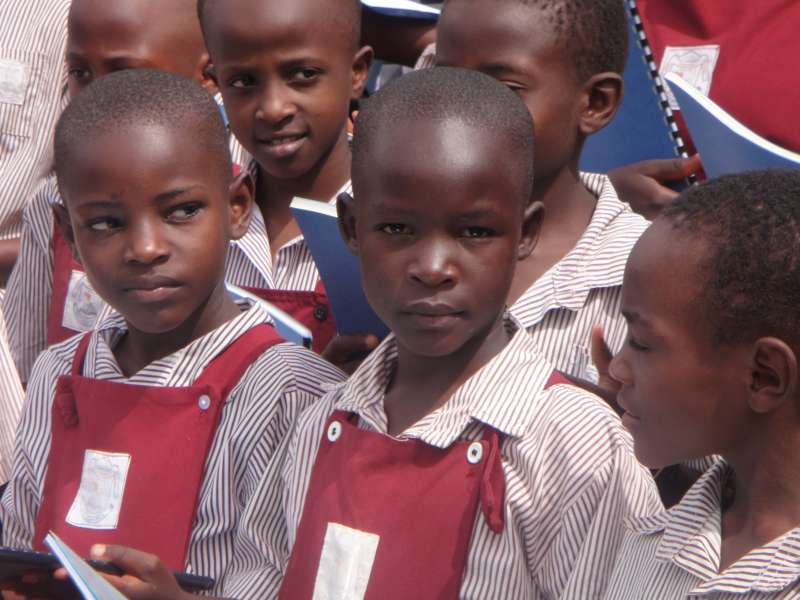
European Parliament Approves Historic Ban on Single-Use Plastics
The rules have the potential to be the most ambitious ban on plastics in the world.

Across South Africa, there are many communities that have, at best, intermittent access to electricity — for cooking, heating water, and for providing light.
When the electricity goes out, it leaves residents in these communities dependent on kerosene, candles, paraffin, and gas — for those who can afford it — all of which can pose significant health and safety hazards, as many of these informal settlements can be highly flammable.

That’s why the Australian-based charity SolarBuddy is dedicated to providing these communities with access to safe and reliable sources of lighting. The lights are assembled by participants in SolarBuddy’s innovative education and empowerment programmes and gifted to children in need.
These LED solar light emit zero emissions and provide 16 hours of light. They are an innovative source of energy that do not harm the environment.
“They are a sustainable option that will minimise reliance on toxic kerosene during these outages, enabling children to complete their homework and improve their sense of safety and security after dusk,” says SolarBuddy.
This week, the SolarBuddy team — in partnership with Flight Centre Travel Group, Global Citizen, and Adopt-a-School Foundation — will distribute 6,000 solar lights to students from across eight schools in Thari Safe Park, Botshabelo, Free State.
Energy poverty is a reality for people across South Africa, particularly in townships that haven’t been formalised by the government.
It presents a huge obstacle for people in providing cooked meals for their families, in heating water for washing, and for children to get enough light to do their homework by.
SolarBuddy said indoor air pollution was one of the causes of ill health found in these communities.
“The result of using kerosene for lighting leads to millions of deaths each year, damages eyesight, and limits opportunities,” it said.
To support these families, the SolarBuddy team will focus on providing solar lights to learners who don’t have access to reliable lighting sources — and they’ll be doing it on Saturday, ahead of Global Citizen Festival: Mandela 100, presented and hosted by the Motsepe Foundation.
The festival will remember Nelson Mandela’s legacy and call on world leaders to take critical action to reduce poverty and provide everyone with a chance to achieve their highest aspirations.
The lights were generously donated by the Flight Centre Travel Group and will afford students of Thari Safe Park in Botshabelo, South Africa’s second largest township, an opportunity to learn in a safe environment.
The Thari Safe Park is a safe place for vulnerable children, young people, and women, and is an initiative of the Adopt-a-School Foundation and the Cyril Ramaphosa Foundation.
Botshabelo is plagued by high levels of unemployment, violence, crime and skills shortage. And, while electrification has been done in the Botshabelo township, Solar Buddy warned that serious infrastructure problems in the community can hinder the success of young people — with “frequent power outages” often lasting for days.
“The first 300 lights will be handed out to students at their year-end party which will be attended by key stakeholders and partners, with the remainder of the lights to be delivered early next year,” according to SolarBuddy.
“We are proud to be partnering with the Flight Centre Travel Group, Global Citizen, and Adopt-a-School Foundation who are helping us to achieve our mission to provide safe, reliable, effective, and innovative solar energy solutions,” said SolarBuddy founder and CEO, Simon Doble, adding that education is a basic human right.
There are 1.4 billion people who live without electricity across the globe, according to SolarBuddy, which leaves these people experiencing darkness, ill health, unfulfilled futures, and repeated cycles of poverty.
“Families that rely on traditional fuels for lighting, such as firewood, send several hours each day collecting fuel,” the organisation added. “This burden falls disproportionately to women and children and robs them of an education and income-generating work.”
SOURCE: Global Citizen
December 7, 2018
Comments